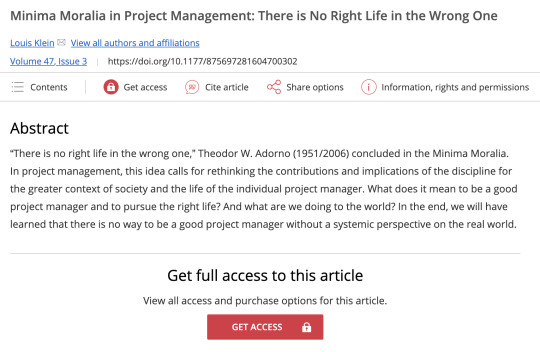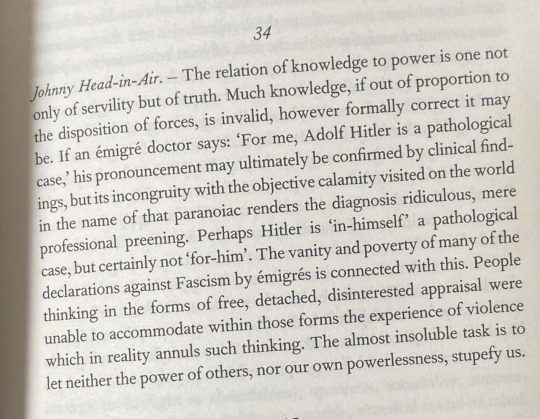#adorno
Text

Me estoy haciendo
adicto a lo sencillo.
Cada vez
me hacen falta
menos adornos
para decorar la vida.
Me conformo
con el árbol
tal y como asoma
al mundo.
Tal vez la belleza
nunca necesito
más luces
de las que ella misma
produce.
O tal vez, el tiempo,
al paso
por mis años,
se va deteniendo
de vez en cuando
para susurrarme al oído
que hay que empezar
a cribar la arena del oro.
Sí,
porque las cosas
que brillan de verdad
no tienen mucho que ver
con aquello que nos venden,
y lo que nos venden,
puede que sea
la arena que nos sobra.
66 notes
·
View notes
Text

29 notes
·
View notes
Text
"In one of his essays, Aldous Huxley has raised the question of who, in a place of amusement, is really being amused. With the same justice, it can be asked whom music for entertainment still entertains. Rather, it seems to complement the reduction of people to silence, the dying out of speech as expression, the inability to communicate at all. It inhabits the pockets of silence that develop between people moulded by anxiety, work and undemanding docility."
— Theodor W. Adorno, On the Fetish-Character in Music and the Regression of Listening
89 notes
·
View notes
Text
Anonymous asked: I know you’re a royalist and I enjoy your insightful and thoughtful posts on the institution rather than the gossip. However I was wondering if you will be reading Prince Harry’s memoir ’Spare’? What do you make of his public interviews and his Netflix series if you have seen them?
I shall not be reading Prince Harry’s memories ’Spare’ because what’s the point?
Everything we really needed to know has already spilled out across premature leaks of the book and gleeful splashes across the tabloid press. Thankfully I don’t have to read these rags where I live.
But you can’t escape. There seems to be a media blitz by the Duke and Duchess of Sussex in recent weeks. Even out in Verbier where I was enjoying a ski vacation with my family, since my return from Dubai, one couldn’t escape the Sussexes.
I can only blame myself for watching the 6 hour snooze fest that was the Netflix documentary series by Harry and Meghan. Those are 6 hours I can never get back. Now I’ve got chatty aunts who are blowing up my WhatsApp with infuriated texts at Harry and his interview and now the book publication. I’m just glad I’m on this side of the Channel in Paris and able to focus on more important things in life.

I’m actually quite sad rather than mad at Prince Harry and his folly. He’s hurting, he’s hurting badly since the death of his mother. If you comb through my blog you’ll know that I didn’t take a particularly negative stance towards Harry and Meghan because they were constitutionally irrelevant - and these are the things I’m really interested in rather than the daily tittle tattle. I’m more interested in Bagehot than royal bonking.
I also had another reason and that was loyalty to a brother officer. We served in the same Army Air Corps out in Afghanistan but our tours didn’t overlap at all as I was a few years behind him and so what I knew of his service was secondhand. But I’ve met him on a few occasions at regimental gatherings and social settings since our circle of friends have some overlap. I hastened to add that I don’t particularly know him but I liked him a lot. He had a disdain for the typical ‘Rupert’ (male officers of a privileged class) but he was quite down to earth and funny with the rank and file soldiers. He was easy going with me and maybe that’s because I was a female officer and I didn’t quite fit into that dominant male Rupert culture. I don’t know for sure.

Still, perhaps it’s the way I’ve been raised but I couldn’t bring myself to comment on his personal life choices, even if one had reservations as to the consequences of them.
But I have to say out of all the revelations that irked me the most it was his revelation of how many Taliban ‘terrorists’ he killed out in Afghanistan. He said he killed around 25 Taliban fighters as a gunner on an Apache helicopter.
There is no reason not to believe him. These things can be easily verified to some extent when after a mission you look over the recorded footage. That’s not what irks me. What bothers me is why he chose to say all this.
There is a code amongst soldiers that you don’t talk about this shit. It’s so unprofessional and unseemly. Even amongst soldiers we don’t talk about it. We know about it but we still don’t talk about it. War is mostly tedious, boring, and waiting around for the shit to hit the fan. But when it does you move your arse into gear and get your job done. And when it’s done, come home, crack open a beer with comrades out of shared relief, be thankful you made it out alive, and then shut the fuck up.

I think Harry really has let himself down and his fellow army brothers and sisters. Forget for a moment the security risk because of his disclosure, amongst British veterans I chat with on private social media, they feel a sense of personal betrayal. I don’t feel that but I do feel Harry hasn’t done himself any favours in regaining the genuine respect every soldier had for him for getting his hands dirty in the trenches and not expecting any special favours because he was a royal.
It’s hard not to feel some sympathy for Harry. It can’t be easy being the spare, the younger brother whose role in the royal “firm” started in a position of subordination and has become steadily more subordinate as more direct heirs arrive to dilute his lineage. There are plenty of younger siblings who have suffered in this way although none of us can imagine the particular hardship of being the “spare” to a throne. Add to that the unimaginable repressed pain and grief of losing his mother and to do so in public is something none of us can fathom. No wonder he was happy in the army where he could be himself and achieve things on personal merit, and more importantly, be away from the fierce and unforgiving public glare.

But that was then. That was the Harry before he met Meghan Markle. A very different Harry has emerged. He sounded less British and more American with all this woke gobble gook. I mean this as no slight to my American friends but Harry should really trade in his British passport and become a permanent resident of California.
What I saw made me pity him. I saw a man so seething with resentment, so unaware of his own privilege, that he is eaten up with petty grievances. He complains about his stepmother turning his old bedroom at Clarence House into a dressing room – when he was 28 years old and in possession of an entire house of his own. We see a man so dim he sees no contradiction between expressing hope for a reconciliation with his family, at the very same time as bitching about them on the world stage. A man so lacking in self-awareness he sees no hypocrisy in complaining about the press intruding on his privacy, in the exact same breath as he tells tittle tattle tales about his brother and sister-in-law. A man so self-absorbed he has no notion of duty, service or respect – either to brotherly bonds, the royal family or the ‘code of silence’ among soldiers.
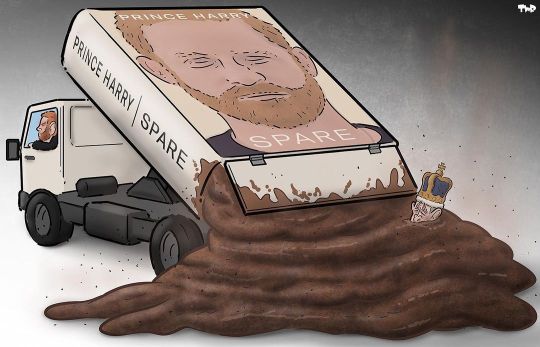
Why would anyone expose themselves to the world in this way?
A common explanation is that Harry is doing this for the money - that in order to fund his Montecito lifestyle he must sell his soul to Netflix and Penguin books. I’m not sure I buy that argument fully. Certainly through the the many interviews and hours of Netflix footage show no sign of a man held hostage, with personal details being cajoled out of him against his will. Another common explanation that Meghan puts him up to it but as popular as that prevailing view is in the UK, I really don’t think he had Meghan Markle by his side to be so insufferable and whiney. Ms. Markle may have given him the ammunition of language (‘unconscious bias’, ‘white privilege’, ‘lived experience’, ‘my truth’ etc) but the thoughts are all his. This is all on him and his repressed resentments towards his own family.
Watching Harry unload is as fascinating as watching a car crash in slow motion. To me Harry is a cautionary tale of what happens when we abandon all boundaries between the public and private spheres of our lives. Harry seems to have lost any sense of a border between his interior world of thoughts and feelings, and the outside world of speech; between the private realm of family and home and the public realm of work, responsibility and social convention.
Call me a stiff arsed Brit but I am not the only one. I feel I reflect the private horror of most British people that someone could be so confessional in such a shamelessly public way. It’s like the staple ending of all romcom Hollywood movies where the guy has to confess his error before the crowd to win back the girl.

We Brits take another approach. Families argue all the time. Siblings fight. We get angry and upset. And in the heat of the moment, we say things we might later regret. Crucially, this takes place behind closed doors, in private. The privacy of the home allows us to behave badly, but also to forgive each other and move on. Making details of private squabbles public imbues them with a permanence that they were never meant to have.
If the late Queen Elizabeth II represented an old set of values, Harry and Meghan best embody the new era. The two generations of royals could not be more different. Out goes the stiff upper lip, in comes public emoting. ‘Never complain, never explain’ has been replaced by a six-hour Netflix ‘pity party’. Service to others has been redefined as sharing mental-health struggles. Where the late Queen spoke of nationhood, the Sussexes speak of victimhood. The late Queen kept her cancer diagnosis secret until her death. We read about Meghan’s miscarriage in her column for the New York Times.

The late Queen’s commitment to serve represented more than just an individual pledge. It captured a generational ethos. Harry and Meghan embody the elite assumptions of their age.
There’s the identitarianism, masquerading as anti-racism. By presenting herself as a victim of racism – on, it must be said, rather spurious grounds of ‘unconscious bias’ a term so beloved of HR corporate departments – Meghan Markle has gained status and authority. And in marrying Meghan Markle, Harry is no longer the soldier who introduced us to his ‘little Paki friend’, but a warrior against racism. He is born again. Hallelujah!
Meghan’s gender supposedly makes her a victim, too. She takes every opportunity to remind us that, as a child, she wrote a letter complaining about a sexist advert for washing-up liquid.
Then there’s the Sussexes’ insistence on proclaiming ‘their truth’. Harry and Meghan claim that the truth is whatever they happen to feel at any point in time. If you feel that you were raised without siblings (Meghan) or that you were ‘literally’ brought up in Africa (Harry), then everyone else better just accept it. Although, as the queen so succinctly put it, ‘recollections may vary’.
Woke advocates like Harry and Meghan insist that truth is subordinate to the political narrative. You don’t need to bring any evidence when you’re railing against a supposedly racist media and a Brexit Britain still not over losing the empire.
This is not just about Harry and Meghan. The values this privileged couple embody and the ideas they articulate are continually affirmed by the cultural elite. Netflix, Spotify and book publishers stump up millions for their output. Just this month, the Sussexes were recognised for their ‘philanthropic work fighting against racism and oppression around the world’ by the Robert F Kennedy Human Rights organisation. Academics and journalists lend credibility to their remarks on the Commonwealth and their criticisms of the media. An army of tweeters and commentators are permanently ready to leap to the couple’s defence.

The late Queen’s death also seems to mean that taking pot-shots at the monarchy has become completely acceptable. In their Netflix series, Harry and Meghan criticise ‘the palace’ frequently. They moan about William’s shouting and Charles’s indifference. They mock rituals like curtseying, and visibly struggle with the notion of hierarchy.
Harry seems to resent his place on the hierarchy within the royal family. His resentment is no different in character from any sibling rivalry or our place in society’s hierarchal social and class structures.
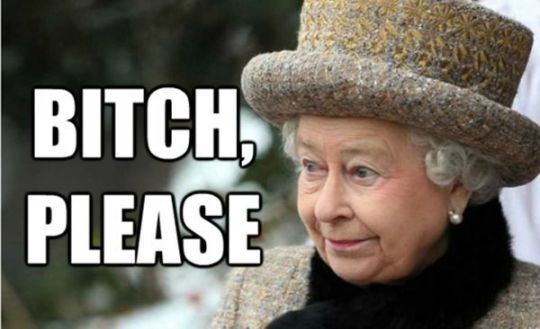
Ideas of resentment and jealousy of course echo through time - all the way back to the Garden of Eden with Lucifer resenting God’s creation of Adam and Eve. They have also played a prominent part in the 19th Century, when philosophers sought to create new theories of morality without God. Friedrich Nietzsche, one of my favourite philosophers, borrowed a French word, ressentiment, to anchor the origins of his moral philosophy. By his estimation, Western moral thinking had its roots in the master-slave relationship.
The weak and marginalised members of society (such as persecuted Christians) resented those who oppressed them (the masters) and inverted the prevailing morality, turning humility, equality and compassion into the highest virtues. Nietzsche, one of my favourite philosophers, put it best, “While the noble man lives in trust and openness with himself … the man of ressentiment is neither upright nor naive nor honest and straightforward with himself. His soul squints; his spirit loves hiding places, secret paths and back doors, everything covert entices him as his world, his security, his refreshment.”
The dominant creed of the resentful for most of the 20th Century was Socialism. As George Orwell pointed out, socialists don’t generally love the poor, they hate the rich. When Marxist materialism became discredited with the realisation of the economic failures of the Soviet Union and the rising death counts of Communists and Socialist regimes around the world, the bearers of ‘ressentiment’ turned to other domains into which to inject their venom. Key targets were the spheres of culture, family life, sex, and race.
And so was born critical theory, the bastard child of Post-Modernism and Frankfurt School post-Marxism. To this conception we owe the hierarchy of victimhood, the one to which we must now all defer; it also spawned the language of the social justice warriors - words such as “my truth”, “lived experience”, “white privilege” (or any other kind of privilege for that matter) “intersectionality” and so on.
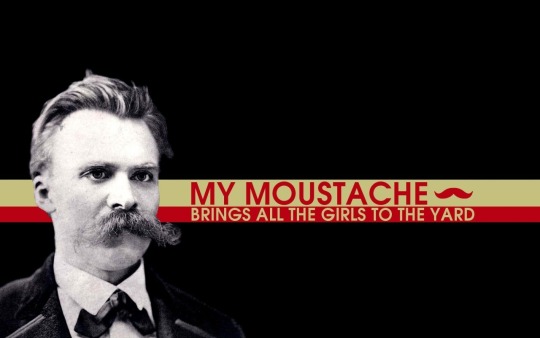
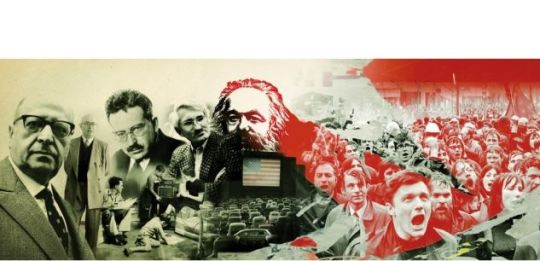
The virus of critical theory was smuggled into the American culture via academia (two members of the Frankfurt School - Marcuse and Adorno - actually emigrated from Germany to US universities before the war). And from academia, critical theory (popularly understood as wokery) has infected the media, publishing, newsrooms, Hollywood, sports commentators, public administration, HR departments, and even Big Tech. Perhaps the last place you would expect it to appear is the British Royal family. But here comes along Harry, a Prince in the House of Windsor.
I think deep down Harry’s resentment gives credence to his self-belief that he himself is a victim and therefore a loser in life’s lottery, even if he does come from the most privileged of the privileged. Harry has no doubt been deeply frustrated by his status within the family and the nature of his “spare”ness. There is resentment and there is jealousy. Of course the woke creed appeals. And no wonder Harry adopts its language. Which leaves us, ironically, with a hereditary Prince lecturing us about ‘privilege’.
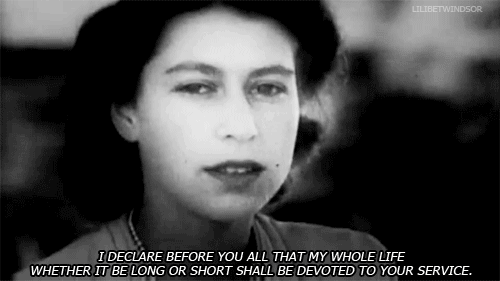
Moreover, Harry’s conduct says a lot about the prevailing norms of our culture about confessing our ‘sins’, and therefore our souls. Harry has been taught to reveal every last intimate detail of his life. More likely, he has been taught by therapists and mentors that this is the right thing to do.
The popular assumption today is that keeping things private or ‘bottled up’ is bad. Complete openness is the best - indeed, the only - way to safeguard your mental health. Harry has imbibed the message that ‘speaking your truth’ is the route to authenticity. We live in an age when being authentic to our ‘true selves’ is considered the pinnacle of achievement. Where centring our own emotional needs above our work, community and even family members is considered not selfish, but imperative.
Fear-mongering about the dark side of privacy has been a popular pastime of psychologists since the time of Sigmund Freud. Over many decades, such beliefs have moved off the therapist’s couch to take root in our broader culture.
Today, the words ‘private’, ‘secret’ and ‘behind closed doors’ arouse suspicion. Rather than conjuring images of home, or the family, a haven in a heartless world, the private sphere has come to be seen as a site of abuse. Reserve, a stiff-upper lip and stoicism are all now considered negative personality traits denoting a lack of warmth and openness. The compulsion to share, to break down the barriers between public and private, is embedded in every aspect of our culture from primary school circle-time to social media, from the advice dished out in magazines to the platitudes spouted by celebrities.
Well, I say screw that.
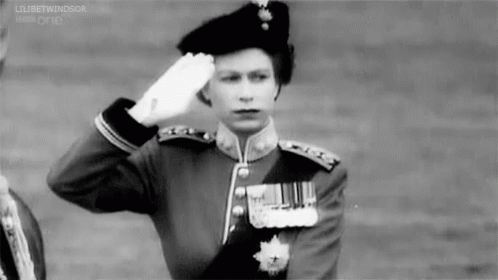
The irony, of course, is that our sense of ourselves does not become stronger the more it is revealed – it becomes weaker. It leaves us to depend on others to validate our feelings and desires. This is what seems to lie behind Harry’s emotional incontinence. He is not a man exercising agency, in control, seeking only a fat pay cheque. He’s become a pathetic, fragile creature, incapable of seeing beyond his own immediate feelings, unable to exist without constant public validation.
Look, there are of course other dimensions to Harry’s story. There is the tragic shadow of his mother and the diva attention seeking influence of his Hollywood D-list wife. But to the extent that he is a victim, he is the victim not only of his family circumstances but also of poisonous philosophers and the prevailing dominance of American cultural colonialism of wokery (in this the French intellectuals and commentators are 100% correct, as both left and right see it as a specific American wokery, but fail to see that they originally gave birth to this bastard of an incoherent and nihilistic ideology). Perhaps his example can be a cautionary tale to the rest of us. Harry shows us the importance of keeping some things private....because not everything is about you or me.
So, Harry, for the love of God or even for your much beloved granny, just shut the fuck up!
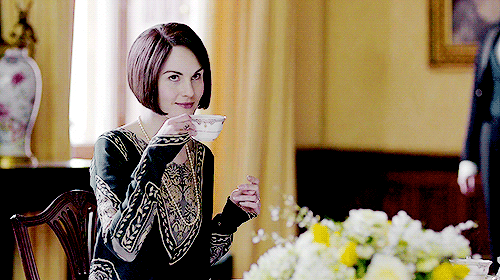
Thanks for your question.
#ask#question#prince harry#meghan markle#british monarchy#royalty#wokery#woke#resentment#confessional#culture#monarchy#britain#victimhood#freud was right#marcuse#adorno#philosophy#therapy#media#class#privilege#british army#spare#book#aristocracy#nobility#privacy#queen elizabeth II#king charles III
145 notes
·
View notes
Text
on creation

Theodor W. Adorno, 'The Essay as Form' in Notes to Literature, ed. by Rolf Tieldman, trans. by Shierry Weber Nicholsen, Vol 1. (New
York: Columbia University Press, 1991) pp. 1-23 (p. 17)

Mary Shelley, Frankenstein (Illinois: Project Gutenberg, 1993), Chapter 10
10 notes
·
View notes
Text
“He who stands aloof runs the risk of believing himself better than others and misusing his critique of society as an ideology for his private interest. While he gropingly forms his own life in the frail image of a true existence, he should never forget its frailty, nor how little the image is a substitute for true life. Against such awareness, however, pulls the momentum of the bourgeois within him.”

#socialism#communism#marxism#politics#capitalism#us politics#anti capitalism#Adorno#critical theory#antithesis#philosophy#frankfurt school
235 notes
·
View notes
Text
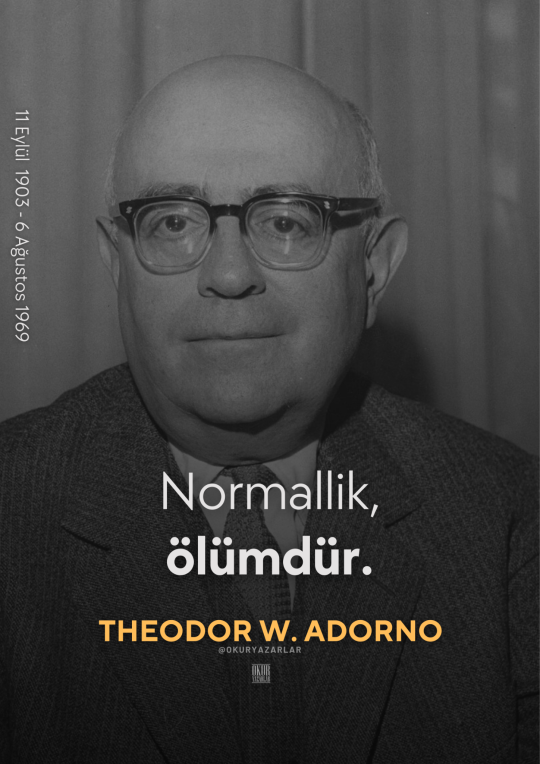
Yaşadığı yüzyıla özellikle de savaş sonrası Almanya’ya damgasını vurmuş, zamanının çok ötesinde düşünebilen filozof ve sosyolog Theodor W. Adorno'yu aramızdan ayrılışının 52. yılında saygıyla anıyoruz.
42 notes
·
View notes
Text
This is a really cool video, you should check it out!
This video by M* Birkholz on YouTube has a ton of really cool art and production value put into it, and it outlines a lot of the basic arguments going into communism, anarchism, and how language is used to portray different groups. Please check it out, because it's only got around 1k views at the moment!
youtube
#anarchism#communism#adorno#fascism#anarcho-communism#video essays#breadtube#video essay#gramsci#antonio gramsci#david graeber#anarchist#anarchy#communist#transgender#trans#Youtube
7 notes
·
View notes
Text

#floral#flora#glass cup#copas de vidrio#candles#velas#candelas#ornament#adorno#beautiful#hermoso#flowers#flores
33 notes
·
View notes
Text
Sous le poids des monopoles, toute civilisation de masse est identique et l'ossature de son squelette conceptuel fabriqué par ce modèle commence à paraître. Les dirigeants ne se préoccupent même plus de la dissimuler; sa violence s'accroît à mesure que sa brutalité ose se montrer au grand jour. [...] [C]e que l'on ne dit pas, c'est que le terrain sur lequel la technique acquiert son pouvoir sur la société est le pouvoir de ceux qui la dominent économiquement. De nos jours, la rationalité technique est la rationalité de la domination même. Elle est le caractère coercitif de la société aliénée ; les autos, les bombes et les films assurent la cohésion du système jusqu'à ce que leur fonction nivellatrice se répercute sur l'injustice même qu'elle a favorisée. [...] Cela est le résultat non pas d'une loi de l'évolution de la technologie en tant que telle, mais de sa fonction dans l'économie actuelle.
— Theodor W. Adorno, "La production industrielle de biens culturels"
7 notes
·
View notes
Text

«Todas las obras de arte, y el arte mismo, son enigmas; hecho que ha vuelto irritantes desde antiguo sus teorías. El carácter enigmático, bajo su aspecto lingüístico, consiste en que las obras dicen algo y a la vez lo ocultan. Ese carácter tiene algo de las imitaciones de un payaso; si se está dentro de las obras, si se las acompaña internamente en su despliegue, se hace invisible, pero si se sale fuera, si se rompe el pacto con su inmanencia, entonces vuelve y se aparece como un espíritu. También por esto merecía la pena estudiar a los hombres incapaces de arte: en ellos el carácter enigmático del arte se hace tan flagrante que llega a su total negación, es sin darse cuenta la crítica extrema de aquél y, como actitud defectiva, apoyo de su verdad.»
Theodor W. Adorno: Teoría estética. Ediciones Orbis, pág. 162. Barcelona, 1983.
TGO
@bocadosdefilosofia
#adorno#theodor w. adorno#teoría estética#estética#arte#obra de arte#enigma#carácter enigmático#negación#verdad#actitud defectiva#inmanencia#aspecto lingüístico#lingüística#sentido#significado#ocultación#desocultar#eoría crítica#escuela de fráncfort#teo gómez otero#remedios varo#armonía
9 notes
·
View notes
